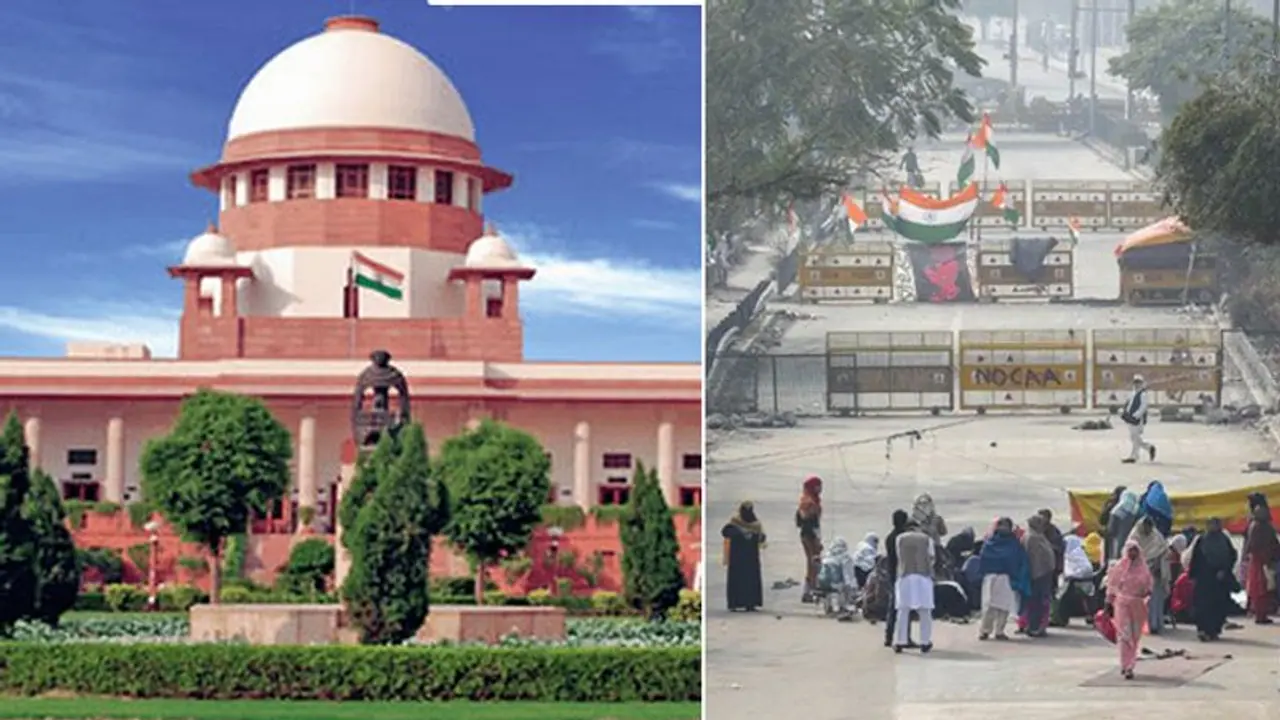While hearing a petition on Shaheen Bagh protests, the top court has observed that protests can’t be held on public roads and others can’t be inconvenienced.
Bengaluru: The top court of the country, which has taken up the hearing of the Shaheen Bagh protests, which have blocked roads, bringing the area and its vicinity to a standstill, has categorically stated that roads can’t be blocked for protests.
"There is a law and people have grievance against it. The matter is pending in court. Despite that some people are protesting. They are entitled to protest," a bench comprising justices S K Kaul and K M Joseph said.
"You cannot block the public roads. There cannot be indefinite period of protest in such an area. If you want to protest, it has to be in an area identified for protest," it added.
The bench also sought to know if there was anyone from the government’s side so that a notice can be issued.
"Is there anybody present from the government's side. We will issue notice," the bench said.
One of the lawyers who had assembled sought some directions on the issue, but the bench refused, saying, "It can't be done ex-parte".
The apex court’s observations that roads can’t be blocked on an infinite basis should come as a riveting lesson to those who have cut off roads for more than 56 days, choking the area and its vicinity.
The protest site has also seen a lot of anti-Hindu and anti-India slogans being shouted in the name of anti-CAA protests.
The government has maintained that the CAA doesn’t involve any Indian citizen and gives citizenship rights to persecuted non-Muslim minorities of Pakistan, Afghanistan and Bangladesh.
It has also stated that around 32000 minorities will be benefitted by the Act.
What is essentially a one-time offer to integrate persecuted minorities with India is being seen as draconian and divisive.
Opposition parties have repeatedly spread lies that the CAA discriminates against Muslims, while government maintains that CAA snatches none’s right but only gives it to many.
The top court will restart hearing on the case on February 17.
